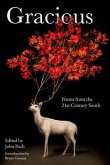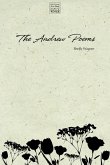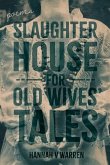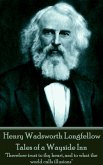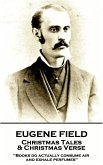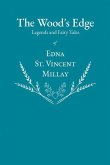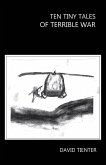As enigmatic and contradictory as far West Texas has always been, it is nevertheless surprising to learn that in 1925 its desert germinated a slender but vibrant shoot of the Harlem Renaissance. Isolated on the U.S.-Mexico border, far from any metropolitan African-American community or literary influences, Bernice Love Wiggins, a perceptive young poet, self-published her first, and apparently only, book of poetry. One of only a handful of black writers in Texas in the 1920s and 1930s, Wiggins was contemporary with Langston Hughes, Countee Cullen, and Zora Neale Hurston and was among the first female African-American poets published in the United States. Just as the Harlem movement focused on experiences of black Americans who sought relief from racism and endeavored to build communities, Tuneful Tales gives voice to the many-sided black experience in remote El Paso. Whatever Wiggins may have known of her contemporaries more than half a continent away or of the movement itself may never be clear. Disappointingly, after her move to California in the early 1930s, the trail grows cold. Yet the composed young woman who gazes so wisely, if dreamily, from her high school photographs evoked her personae so compellingly in both timbre and substance that great folklorist and critic J. Mason Brewer proclaimed her the female Paul Lawrence Dunbar.
Hinweis: Dieser Artikel kann nur an eine deutsche Lieferadresse ausgeliefert werden.
Hinweis: Dieser Artikel kann nur an eine deutsche Lieferadresse ausgeliefert werden.


